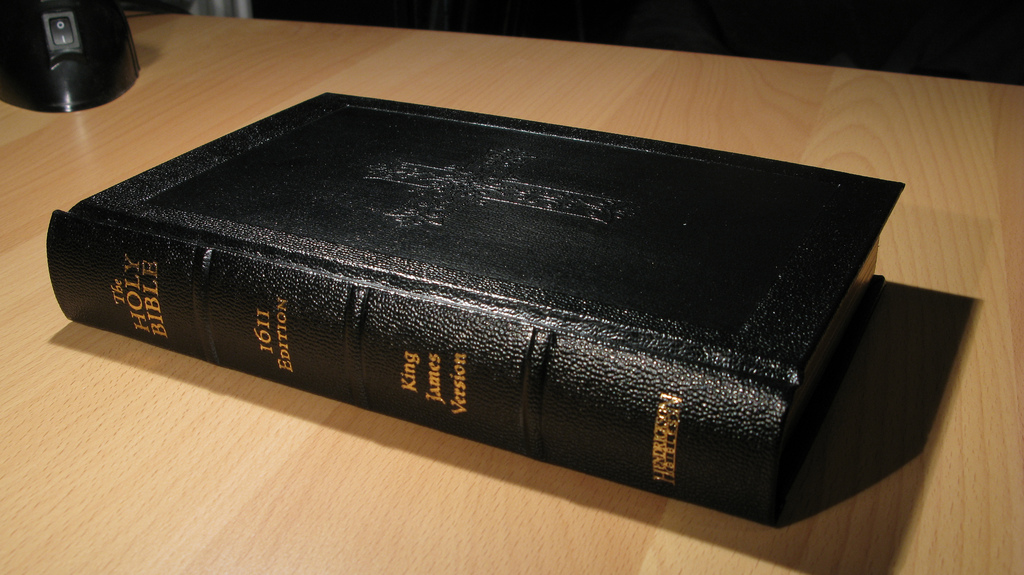Taz
Gold Member
- Jul 8, 2014
- 22,876
- 2,119
- 190
- Banned
- #101
So what are these absolute standards? Where did you find them?No. Humans are subjective because humans are biased. Right and wrong is a standard which exists in and of itself.Right and wrong are subjective concepts. What you consider standards aren't to other people. Plus, no proof of an invisible being who set any standards.No. Humans are subjective. Right and wrong exist independent of humans. Right and wrong are standards of conduct. Standards exist for reasons. We can’t make the standard be anything we want.Right and wrong are subjective. No proof of an invisible being anyways.Wrong. The proof can be found in outcomes and our refusal to abandon the concept of right and wrong.No proof that an invisible being set any standards.
Point #6: Man believes in a universal right and wrong.
If the universe were created through natural process and we are an accidental happenstance of matter and energy doing what matter and energy do, then there should be no expectation for absolute morals. Morals can be anything we want them to be. The problem is that nature does have a preference for an outcome. Societies and people which behave with virtue experience order and harmony. Societies and people which behave without virtue experience disorder and chaos. So we can see from the outcomes that not all behaviors have equal outcomes. That some behaviors have better outcomes and some behaviors have worse outcomes. This is the moral law at work. If the universe was created by spirit for the express purpose of creating beings that know and create we would expect that we would receive feedback on how we behave. The problem is that violating moral laws are not like violating physical laws. When we violate a physical law the consequences are immediate. If you try to defy gravity by jumping off a roof you will fall. Whereas the consequences for violating a moral law are more probabilistic in nature; many times we get away with it.
Morals are effectively standards. For any given thing there exists a standard which is the highest possible standard. This standard exists independent of anything else. It is in effect a universal standard. It exists for a reason. When we deviate from this standard and normalize our deviance from the standard, eventually the reason the standard exists will be discovered. The reason this happens is because error cannot stand. Eventually error will fail and the truth will be discovered. Thus proving that morals cannot be anything we want them to be but are indeed based upon some universal code of common decency that is independent of man.
We know this because we can’t make right and wrong be anything we want. Why? Because consequences tell us what right and wrong really are. Not all behaviors lead to equal outcomes. Some behaviors lead to better outcomes than others and some behaviors lead to worse outcomes than others.


